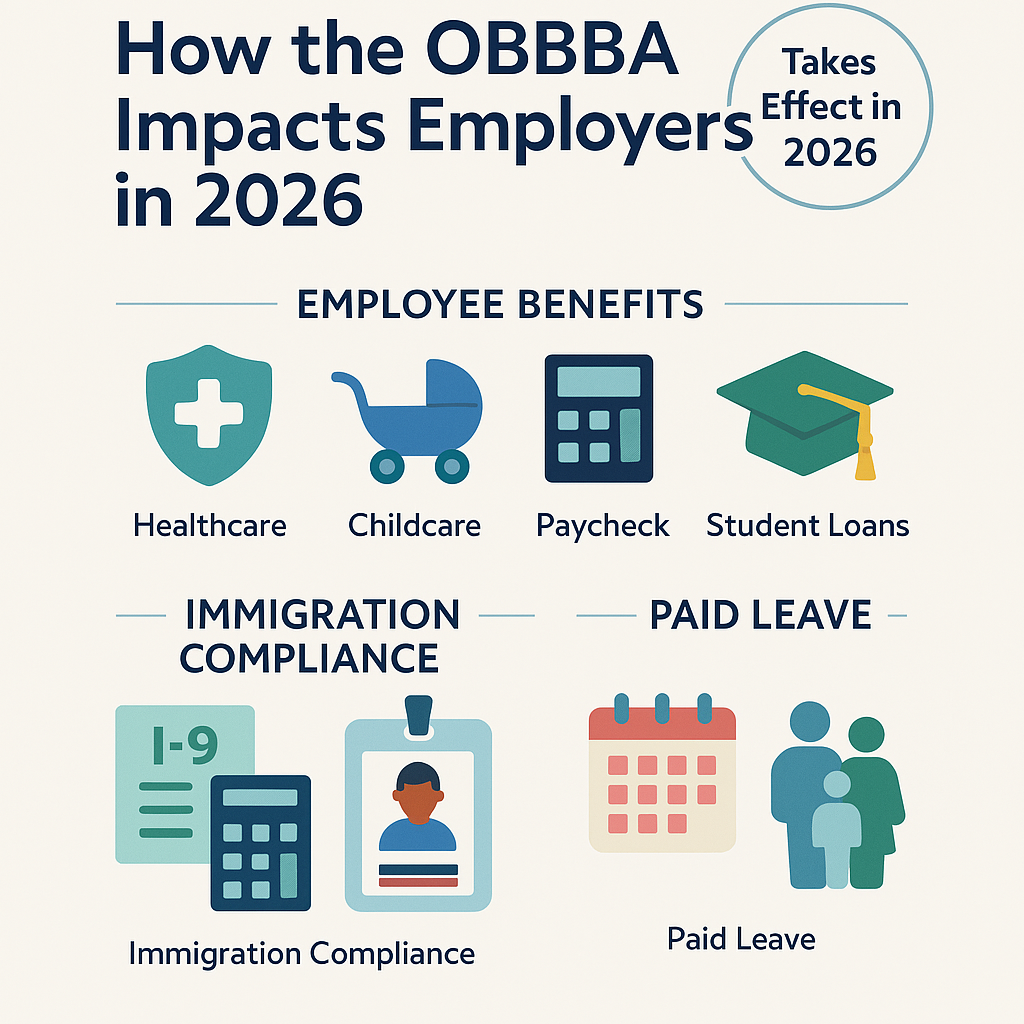
As remote work becomes a permanent fixture in the modern workplace, small businesses must stay ahead of regulatory changes, especially when it comes to workers’ compensation insurance. One critical update you need to know: the introduction of Classification Code 8871 for Clerical Telecommuter Employees, which differs from the traditional Code 8810 used for on-site clerical staff.
What Is Classification Code 8871?
Introduced to reflect the growing number of remote workers, Code 8871 applies to clerical employees who perform their duties more than 50% of the time away from the employer’s location, such as from home or a remote office.
8871 vs. 8810: What’s the Difference?
- Code 8810: For clerical employees working primarily on-site.
- Code 8871: For clerical employees working primarily remotely.
If an employee qualifies for 8871, their entire payroll must be assigned to that code. You cannot split payroll between 8810 and 8871 unless there’s a permanent job reassignment.
Remote Work by the Numbers
Remote work is no longer a trend, it’s a transformation:
- In 2025, over 32.6 million Americans—about 22% of the U.S. workforce—work remotely. That’s a significant increase from just 6.5% in 2019.
- Industries like finance, tech, and professional services have seen remote work participation rise by 30+ percentage points since 2019.
- Remote workers report up to a 40% increase in productivity, and 79% say their stress levels are lower.
Why It Matters for Workers’ Comp
Remote work introduces new challenges for workers’ compensation:
- Injury claims must be evaluated based on whether the incident occurred during work hours and while performing job duties.
- Home environments vary widely, making it harder to distinguish between personal and work-related injuries.
- Employers must document remote work arrangements and ensure employees have safe home setups.
What Small Businesses Should Do
- Audit your workforce – Identify who qualifies as a remote clerical worker.
- Update your workers’ comp classifications – Use Code 8871 where applicable.
- Document remote work policies – Include schedules, job duties, and safety guidelines.
- Consult your insurance provider or HR advisor – Ensure compliance and avoid costly audit surprises.
Need Help Navigating These Changes?
At HR Synergy, LLC, we specialize in helping small businesses stay compliant and avoid costly misclassification errors. Whether you’re unsure which code applies to your employees or need help documenting remote work arrangements, we’re here to support you.






 July Calendar
July Calendar For businesses offering self-insured health plans or health reimbursement arrangements (HRAs), the Patient-Centered Outcomes Research (PCOR) fee is a recurring annual compliance requirement. But if you don’t have an HR professional
For businesses offering self-insured health plans or health reimbursement arrangements (HRAs), the Patient-Centered Outcomes Research (PCOR) fee is a recurring annual compliance requirement. But if you don’t have an HR professional 
